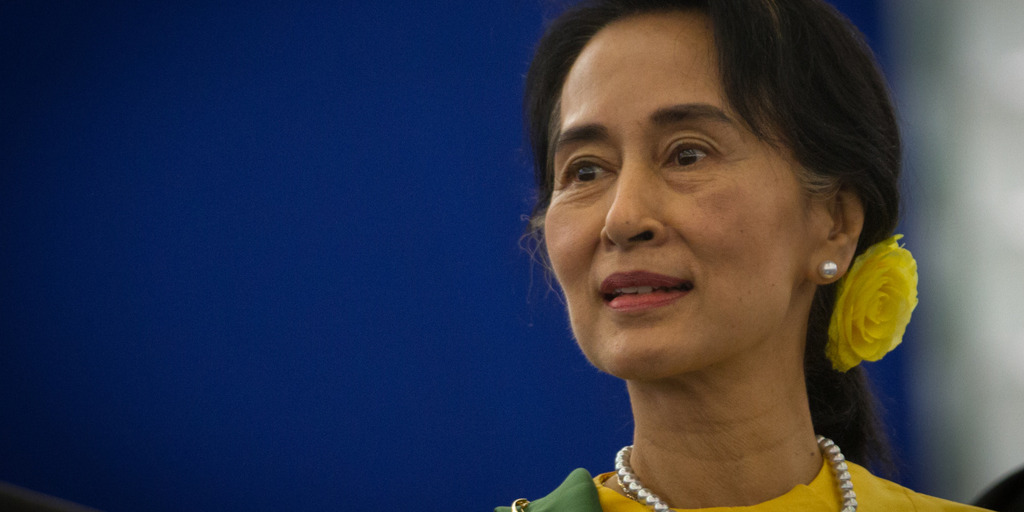Myanmar is currently at a critical juncture. The liberalizing reforms initiated by President Thein Sein after taking office in March 2011 are raising high hopes of peace and democracy in the country. Progress, after nearly three years, has however been uneven: there have been positive developments in the area of press freedom, with regard to political prisoners and in dealing with the political opposition under the leadership of Nobel Peace Prize winner Aung San Suu Kyi. At the same time the dialogue with ethnic groups has stagnated and ethnic and religious violence has escalated.
In the new issue of the Asia Policy Brief Marco Bünte, Senior Lecturer and Head of Research at the School of Arts and Social Sciences at Monash University in Malaysia, Kuala Lumpur, critically assesses the reform policy in Myanmar and weighs up the chances of democratization of the long-time military regime. Whether the country will embark on the road to democracy, in his opinion, largely depends on whether the Joint Committee for Reviewing the Constitution finds a political compromise. The committee which represents all political parties will submit a report at the end of January 2014.
The most important reform issues for a further democratization are the future role of the military and the introduction of a truly federal system. In addition, the question whether Aung San Suu Kyi can become President is of crucial importance. The constitution currently states that candidates whose spouses or children are citizens of a foreign country are denied the right to run for the presidency or vice-presidency. This clause is particularly relevant in the case of Aung San Suu Sky, as she was married to a British man and they have two sons. If this particular clause in the constitution is not revised, the chances of the NLD in the 2015 elections would be reduced.
In the Asia Policy Briefs renowned experts and authors from the Bertelsmann Stiftung analyze important developments in Asia and their consequences for Germany and Europe. The short briefing papers focus on current events as well as underlying trends in important Asian countries All Asia Policy Brief editions can be downloaded here. You can download the current edition below.




